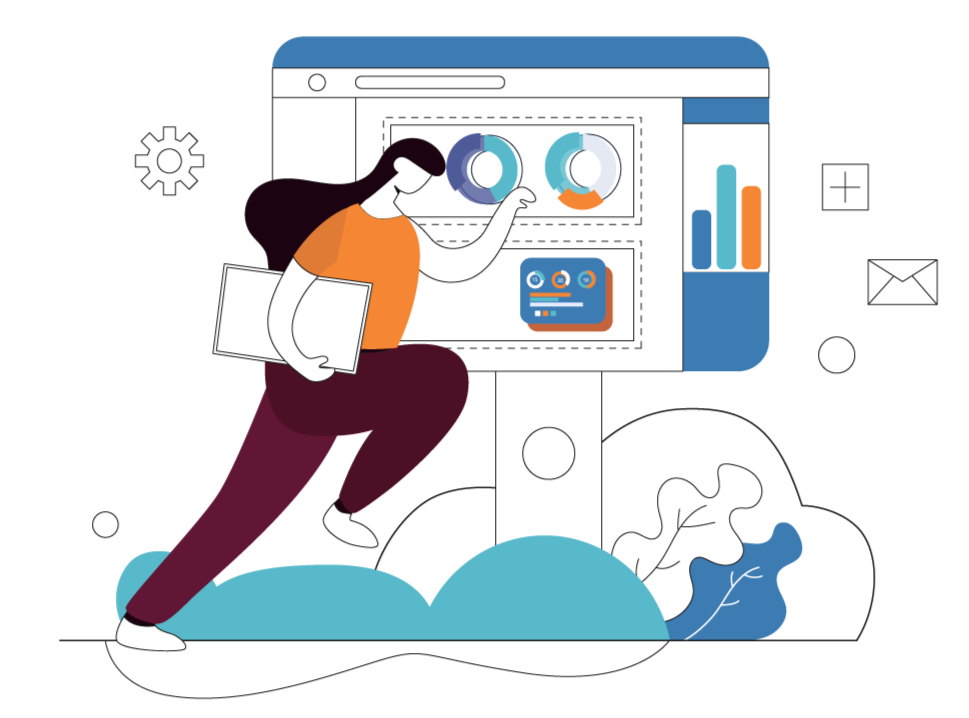Hold your horses, we know what you think, communities run on people, not data. Data means numbers and without people they mean nothing. It is fair to say then, that People build communities, not numbers. But, and this is important to remember, these numbers help communities prosper, grow, and march forward. Here is why having data is crucial for your community’s success:
1. Justify Funding (or anything else)
Utilizing data is key to presenting a fact-based argument. Whether you are trying to make a significant change or even increase funding from public or private sources, showing the decision-makers that you bring not only your professional experience (which is for sure impressive) but also some numbers to back you up, is sometimes necessary to get your voice heard. At the end of the day, it’s easy arguing with people but numbers? Well, they talk for themselves.
2. Knowing Your Community Better = Decide Better
Above all, knowing your community members will help you make the right decisions for them. Understanding their preferences, trends, leaders, and dreams will help you improve their lives and build a strong community. Moreover, this sort of understanding of your people is a basic step to increase community engagement and revenues. When community members feel that you have them in mind, they want to be a part. They take part, everyone wins. That’s the magic circle, or better, the data circle.
3. Informed Decisions Require Informed Decision Makers.
No more shooting in the dark. When you’re talking about people’s quality of life, there is no room for guessing. Community leaders have to know why they should follow a certain path and how it will impact their community. Luckily for you, Data is Knowledge, and if you have it, it will help in guiding your decisions, measuring them, and if necessary, reevaluate your strategy.
4. Set Goals, Celebrate Success
Using data will help you not only in setting up reasonable goals and benchmarks for community development, but also celebrate your successes when they are achieved. And yes, you may also brag about those accomplishments, now you have the data to back you up.
5. The Art of Allocating Resources Intelligently
Effective data collection and analysis allows you to direct your resources where they are most needed. If you notice an increase in demand for working spaces for example, by using data you can determine if this issue repeats itself city-wide or only in a particular area thus providing a local solution.
Next Step: Owning Your Data

There are various methods in which you can accumulate data, some are more accurate than others, some more efficient and others are more costly. with provides a solution that saves you weighing these pros and cons because it is efficient, accurate, and all yours. We offer you to take the power to your hands and Own Your Data.
No more juggling between spreadsheets, surveys, and, god forbid, paid reports from external resources (what?!)
An automated CRM system collecting all your data and delivering you insights on community requirements, preferences, and trends. We call it PRM – Public Relationship Management.
TA-DA! (GET IT?)












